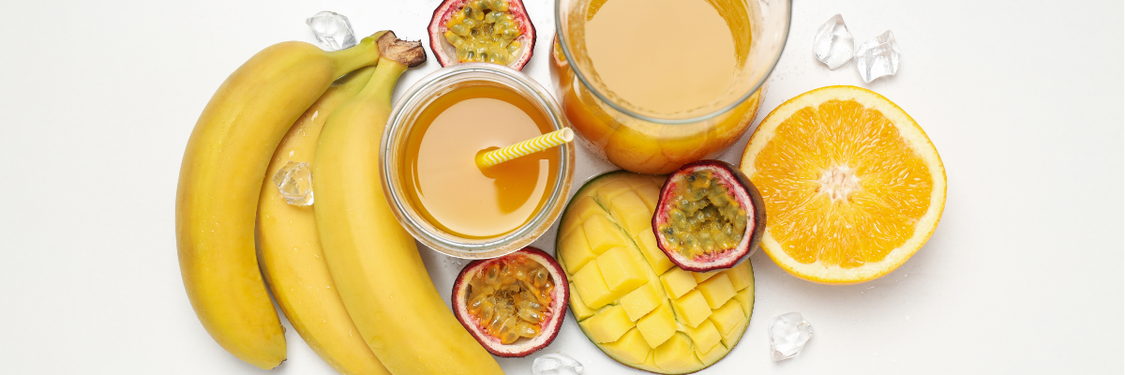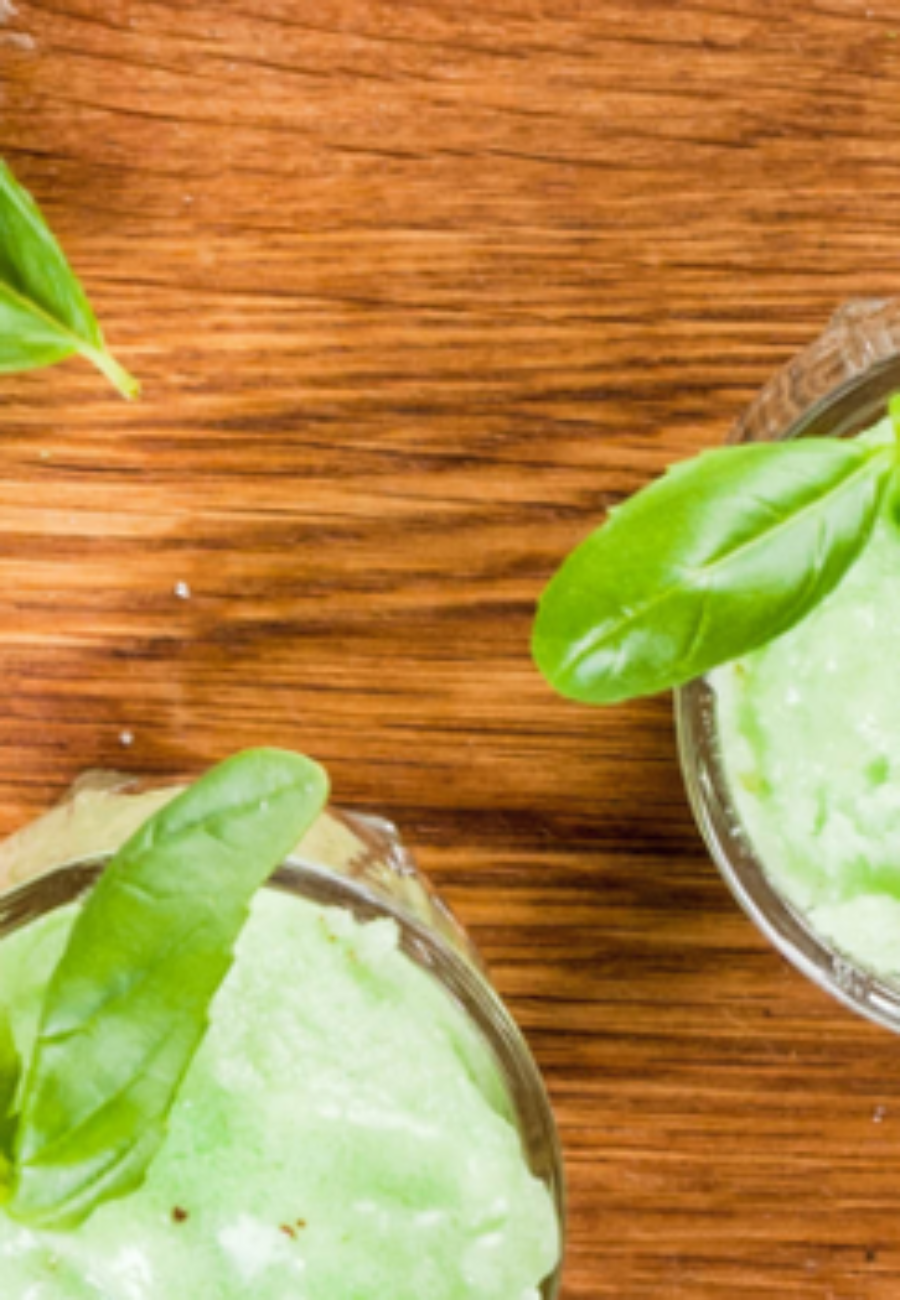The Truth about Fruit Juices: What You Need to Know

Fruit juices are often seen as a healthy alternative to sugary soft drinks, but the reality is more complex. Between the chemical additions, the synthetic vitamins, and their potential role in the obesity epidemic, it’s time to unveil the lesser-known aspects of these popular drinks.
Additives and Synthetic Vitamins in Fruit Juices
When we think of fruit juices, the image that often comes to mind is that of freshly squeezed fruit bursting with natural vitamins. However, many juices on the market are far from this idyllic image. To compensate for the loss of nutrients that can occur during the pasteurization process, many manufacturers add synthetic vitamins and minerals. While this may seem beneficial, some experts are concerned about the impact of these added vitamins on health, particularly in terms of their assimilation compared to the nutrients naturally present in fresh fruit.
What’s more, to improve flavor and shelf life, additives such as sweeteners, preservatives and artificial flavors are often included in commercial fruit juices. These substances can not only alter the juice’s nutritional profile, but also mislead consumers as to the real quality of the product they are buying.
Fruit Juices and Obesity
Fruit juices are also a major source of simple sugar, mainly in the form of fructose, which is rapidly absorbed by the body. Excessive consumption of these sugars, without the fiber that usually accompanies whole fruit, can lead to a rapid rise in blood sugar levels. This insulin spike not only leads to hunger shortly after consumption, but also encourages fat storage.
Studies have shown that regular consumption of fruit juice may be associated with an increased risk of developing obesity, particularly in children. The ease of consuming large amounts of liquid calories without feeling full is one of the factors contributing to this link.
Recommendations for Healthy Consumption
For those seeking to maintain a balanced diet, nutritionists often recommend whole fruit over juice. Not only do whole fruits offer natural vitamins and minerals, they are also an excellent source of fiber, essential for healthy digestion and a prolonged satiety effect.
If you want to drink fruit juices, choose 100% fruit juices with no added sugar or additives, and limit consumption to small quantities. Even better, opting for freshly squeezed juices at home can help you control the ingredients precisely.
Conclusion
Fresh fruit juices are beneficial, but should be consumed in moderation due to their high sugar content. Industrial juices in the fresh produce section often contain added sugars and chemical vitamins, and lose essential nutrients during pasteurization. Dry-shelf juices are the least healthy because of their unnatural additives and high sugar content.
While fruit juices may seem like a healthy choice, it’s crucial to understand the health implications of consuming them. The additives, synthetic vitamins and high simple sugar content of commercial juices can have negative effects on body weight and overall health. By choosing whole fruit wisely, consumers can enjoy the benefits of fruit without the drawbacks associated with processed juices.
For optimum health, opt for whole fresh fruit, which offers natural vitamins and essential fibre. And don’t forget that water is the best drink for hydration: calorie-free, sugar-free, and essential for your body’s proper functioning. Enjoy tropical flavours with wisdom and moderation!



